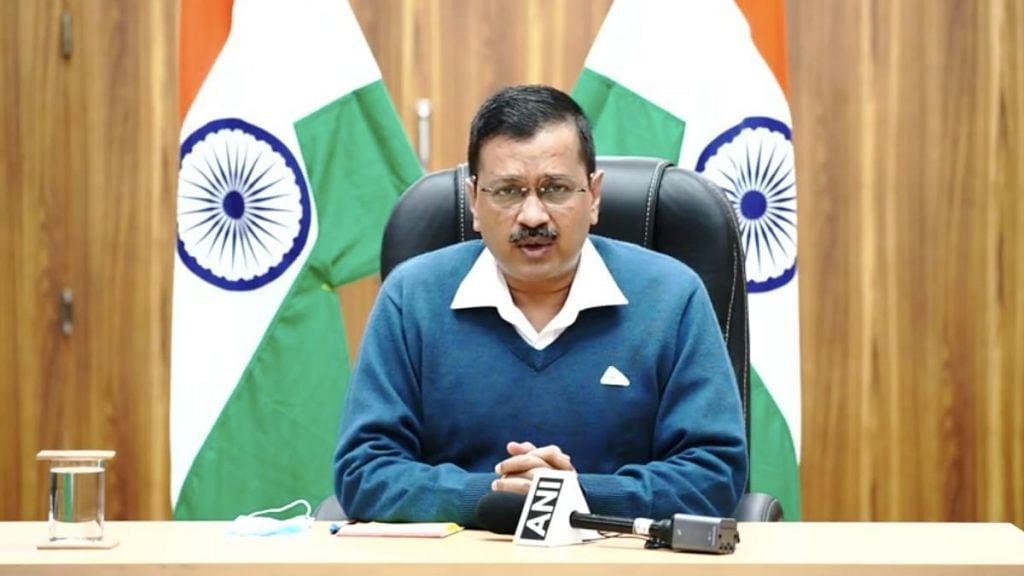New Delhi: Delhi Chief Minister Arvind Kejriwal on Tuesday sought power from the Centre to impose lockdown in those market areas which may emerge as COVID-19 hotspots, and decided to withdraw an order allowing 200 guests to attend wedding functions.
Addressing an online media briefing, Kejriwal said the Delhi government has sent a proposal to Lt Governor Anil Baijal to allow only 50 people to attend wedding functions against the earlier limit of 200.
He said the Centre and all agencies are making “double efforts” to control the COVID-19 situation in the national capital.
“We are sending a proposal to the Centre to give power to the Delhi government to impose lockdown in market areas which may emerge as COVID-19 hotspots,” the chief minister said.
Kejriwal also thanked the central govt for helping people of Delhi in “such difficult times” and appealed to Delhiites with folded hands to wear masks and follow social distancing norms.
Delhi has witnessed a spurt in novel coronavirus cases since October 28 when the daily rise breached the 5,000-mark for the first time and it crossed the 8,000-mark on Wednesday.
On Thursday, 104 coronavirus-related deaths, the highest in over five months, were recorded in the city.
Also read: ‘Lockdown fatigue’ behind Delhi’s third Covid wave, experts call for behavioural change
